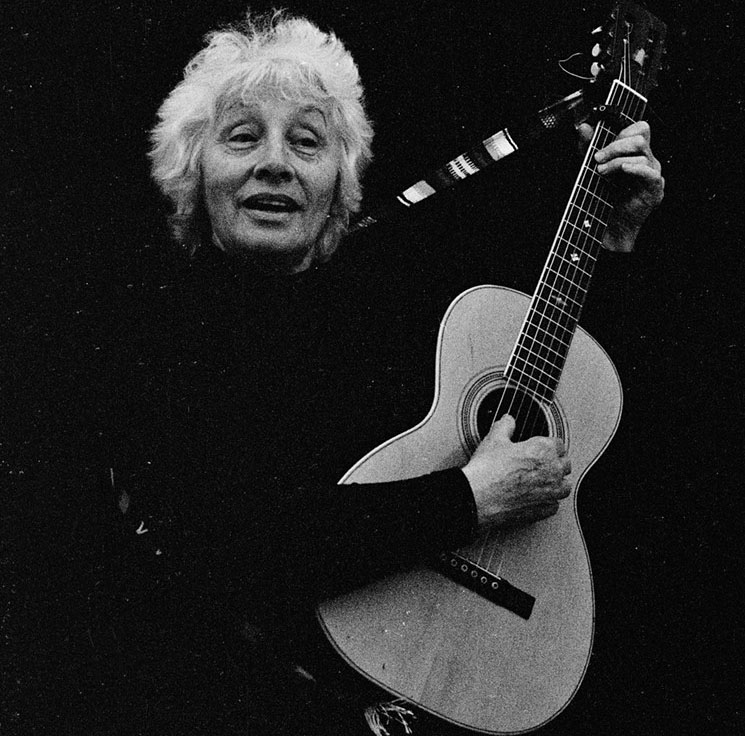
Reprinted with permission from FolkWorks March-April 2017
Mildred: What’re you rebelling against, Johnny?
Johnny: Whaddya got?
~ Marlon Brando in “The Wild One”, 1953
Marlon Brando’s reply to Mildred’s question suits Malvina Reynolds to a T: but unlike Johnny in The Wild One, Singer-songwriter Malvina Reynolds (August 23, 1900—March 17, 1978) was a learned rebel. She got her Ph.D. the old-fashioned way—she earned it, in the UC Berkeley English Department in 1938. She never used it to teach, however, because her first act of rebellion was to refuse to sign the California loyalty oath when she was accepted for a teaching position at Berkeley. Faced with Robert Frost’s life-changing choice at the fork in the road she took the one less travelled by—“of whom it could be said: She was an artist, and a red.” (MR) Continue reading “What’re You Rebelling Against, Malvina? by Ross Altman, Ph.D.”
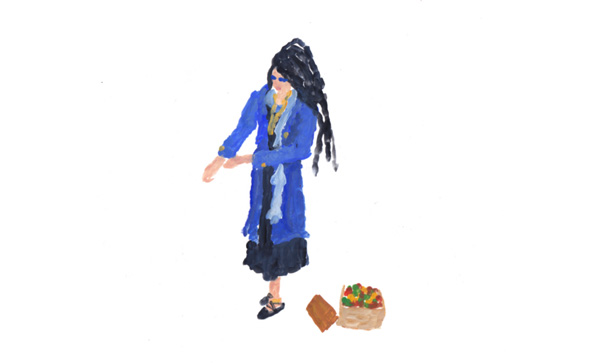

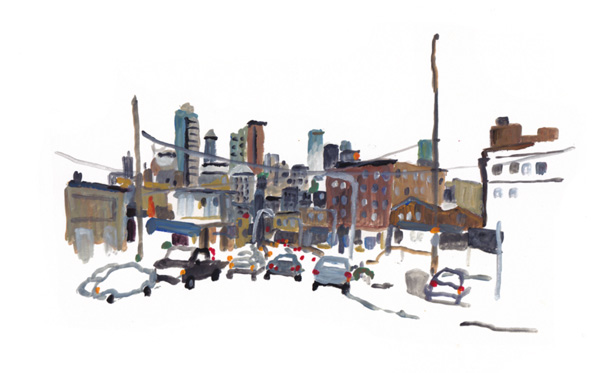
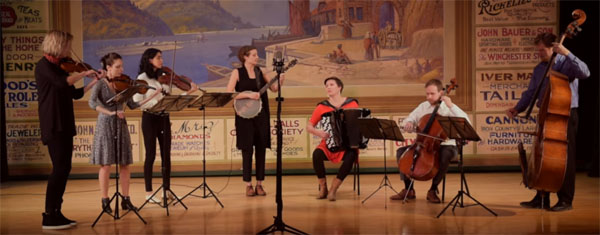
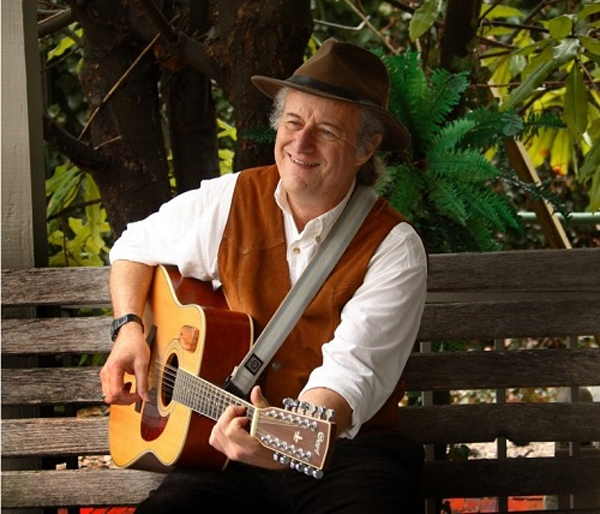
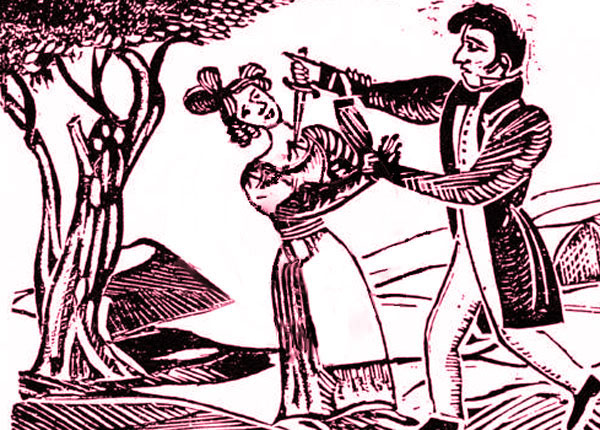
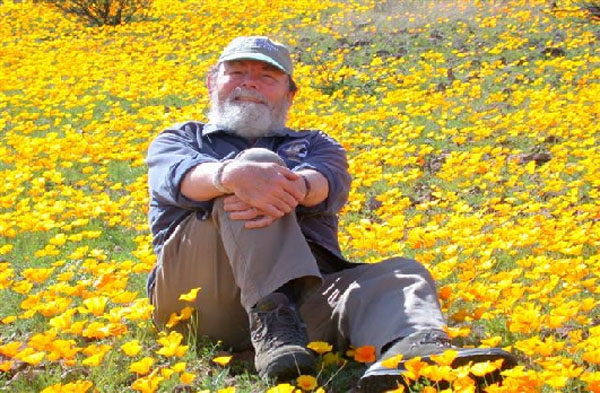

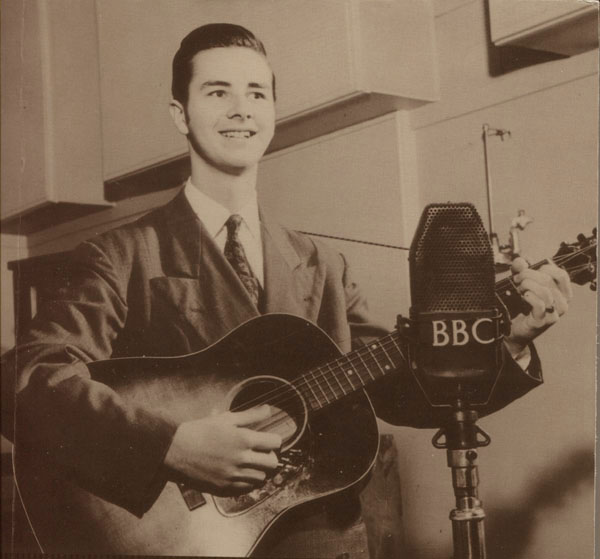
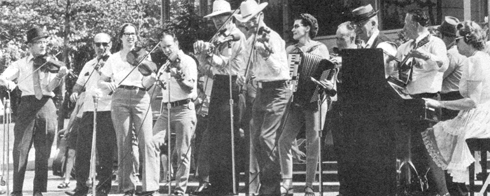
.jpg)